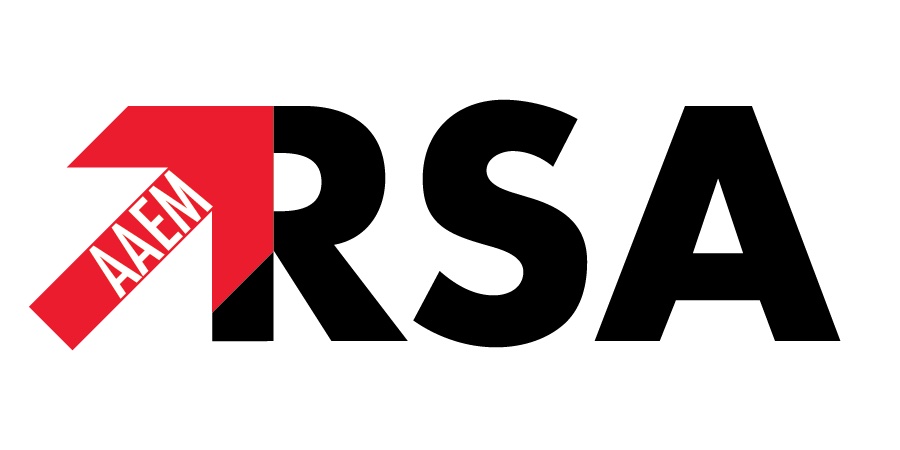 |
| Image Credit: Pexels |
Author: David Fine
March/April 2020
The American Medical Student Association (AMSA) has created a set of 10 social media guidelines: be professional, be responsible, maintain separation, be transparent/use disclaimers, be respectful, follow copyright laws, avoid politics, protect client/patient information, comply with all legal restrictions and obligations, and be aware of risks to privacy and security (Keating 2016). These guidelines are vague, but this speaks to the potential for problems that you might face and the importance of thoughtful posting. Even on private accounts, posts that violate HIPAA and professionalism can result in punitive actions from your home institutions. There is often this discussion about ways that these forums can be negative, but there is a massive potential benefit that is much less often explained.
The primary function of these sites is to connect people. In medicine this may be with other professionals or with patients. Emergency physicians do not have to worry about patients seeking them out based on their online profiles as one might do for a primary care physician or a specialist, but there are still ways to utilize social media in this field. The benefits of community outreach, education, and communication are self-evident as this new medium exists to disseminate information. Whether providing context to popularized health stories in the media or dispelling harmful medical myths there are various ways to interact with your community (Pho and Gray, 2013). These forums can also be used to connect to other professionals and supplement your knowledge with various sources of Free Open Access Medical education (FOAM). Benefits are individualized as people appreciate these tools for different reasons.
For medical students and others who are going through an application process, an AAMC article entitled “How Social Media Can Affect Your Application” discusses the relevance of your various accounts (‘Aspiring Docs’). In short, your social media presence is fair game and admission committees often look up applications. This can, however, work in your favor as an opportunity to share your interests, achievements, and experiences. You should maintain professionalism with these public accounts and make connections by joining groups, connecting with peers, and sharing content that is aligned with your interests. General tips from a variety of sources say delete pictures and posts that can be misconstrued, set accounts to private, and search for yourself online to see your electronic footprint.
References
- ‘Aspring Docs.’ “How Social Media Can Affect Your Application.” Aamc.org, AAMC, students-residents.aamc.org/applying-medical-school/article/how-social-media-can-affect-your-application/.
- Keating, Jennifer. “Social Media Guidelines for Medical Students and Physicians.” AMSA, 16 Sept. 2016, www.amsa.org/2016/09/15/social-media-guidelines-medical-students-physicians/.
- Pho, Kevin, and Susan Gay. Establishing, Managing, and Protecting Your Online Reputation: a Social Media Guide for
